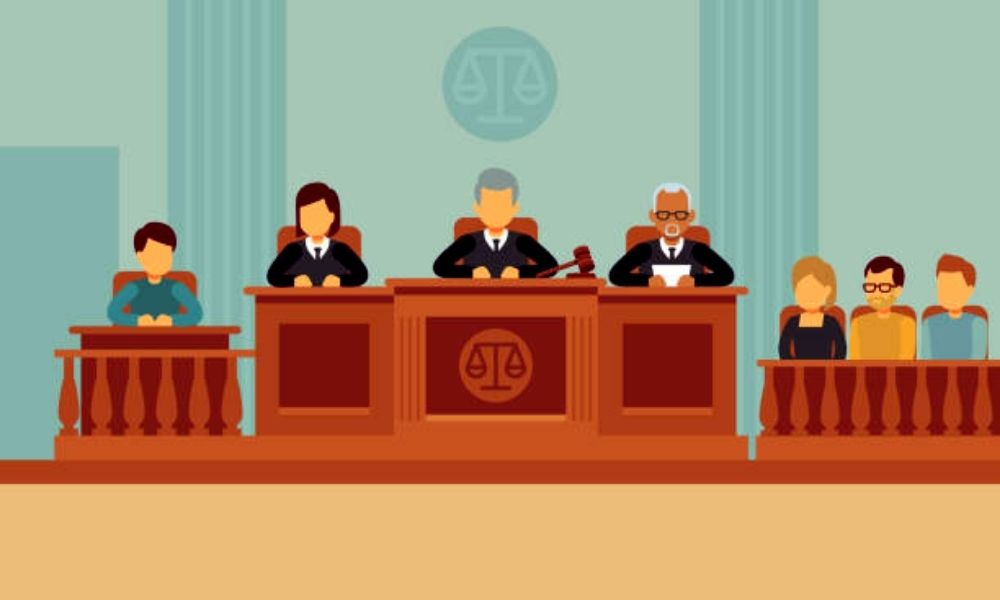LI Network
Published on: January 6, 2024 at 12:00 IST
The Supreme Court, in a recent ruling while deciding a criminal appeal, emphasized that the prosecution cannot introduce a fact during a trial which was not mentioned by a witness in their statement under Section 161 of the Code Of Criminal Procedure, 1973.
A three-judge bench including Justices B. R. Gavai, P.S. Narasimha, and Aravind Kumar held that if a witness failed to disclose an accused’s involvement during the police investigation, their subsequent statement in court cannot be relied upon.
The Court criticized the Punjab & Haryana High Court’s findings, convicting one accused but acquitting another. It stated that if the evidence couldn’t sufficiently prove the case against one, it shouldn’t implicate another based on the same evidence.
Background:
According to the prosecution, Darshan Singh (appellant) had an illicit relationship with Rani Kaur, leading to the murder of his wife, Amrik Kaur, allegedly by poisoning on the night of May 18-19, 1999.
The Trial Court convicted both Darshan Singh and Rani Kaur for the murder, but the High Court acquitted Rani, leading to Singh’s appeal.
Court’s Observations:
The Court highlighted the absence of eyewitnesses, relying solely on circumstantial evidence. It stressed that such evidence must firmly establish guilt.
Referring to Trimukh Maroti Kirkan v. State of Maharashtra, the Court explained that in cases occurring within a house, the burden of proof is lighter on the prosecution. The accused, however, must provide a credible explanation or risk implication.
Examining witness testimonies, the Court doubted their reliability, noting omissions and contradictions. Even an independent witness’s omission in his police statement raised doubts, leading the Court to question the reliance on such testimonies.
The Court underscored the accused’s duty to cast doubt, not disprove, and highlighted the importance of an unbroken chain of circumstances in circumstantial evidence cases. Any gap or alternative explanation benefits the accused.
In summary, the Court stressed that if evidence in a chain can be explained differently or has gaps, the accused deserves the benefit of the doubt.

